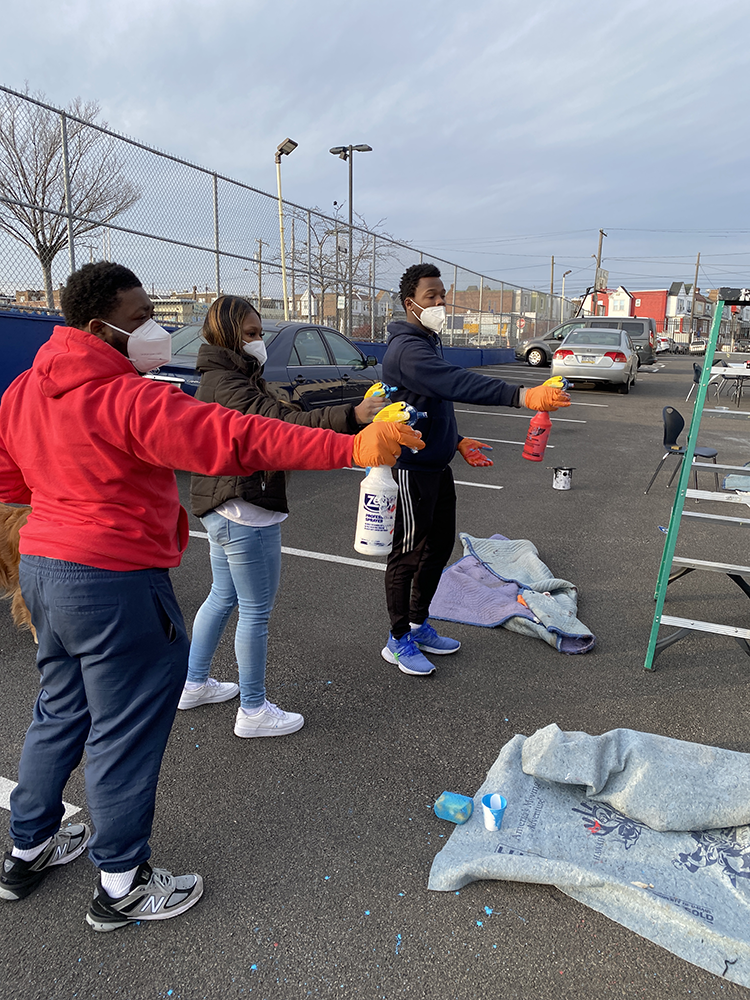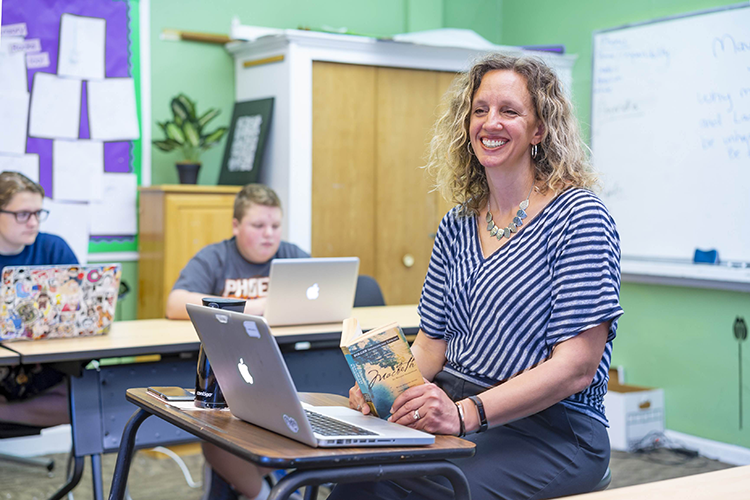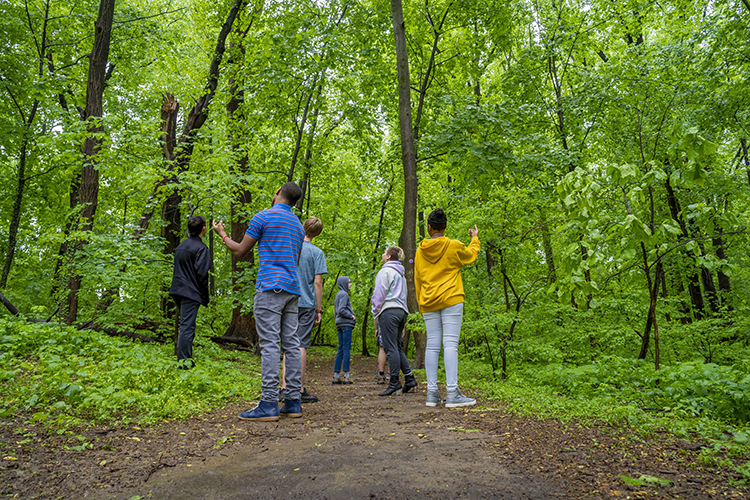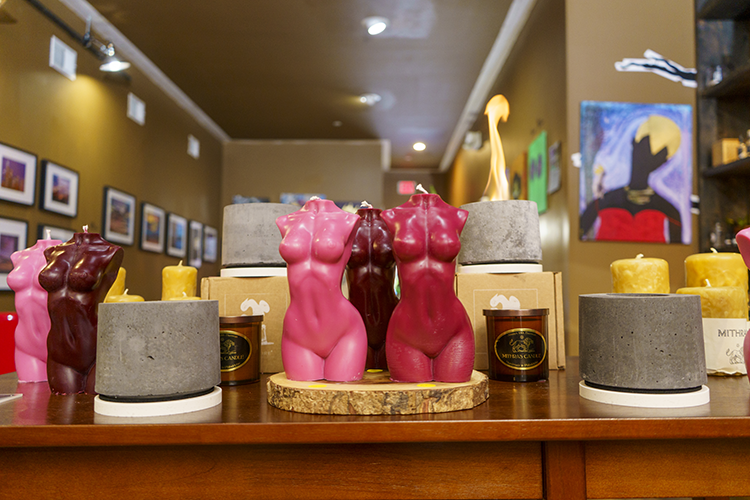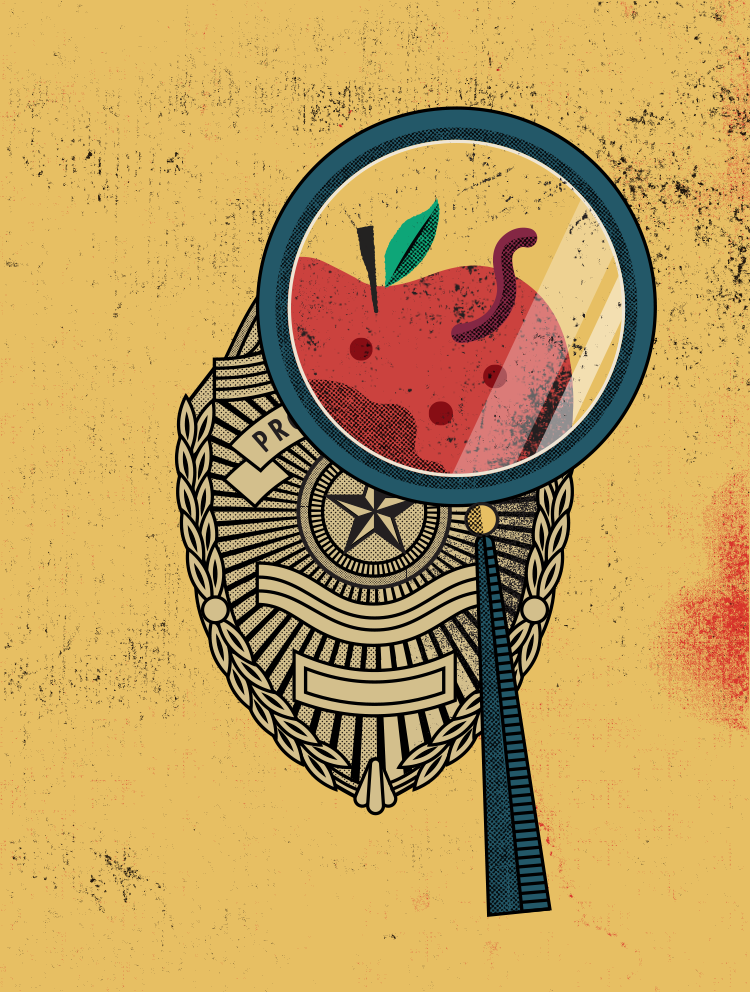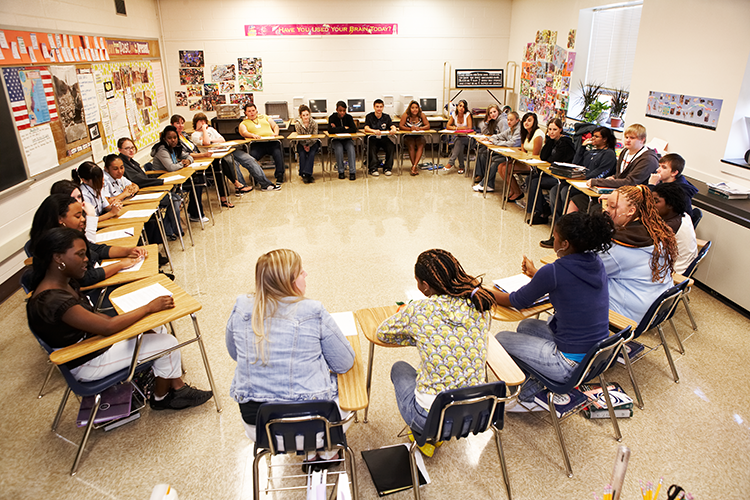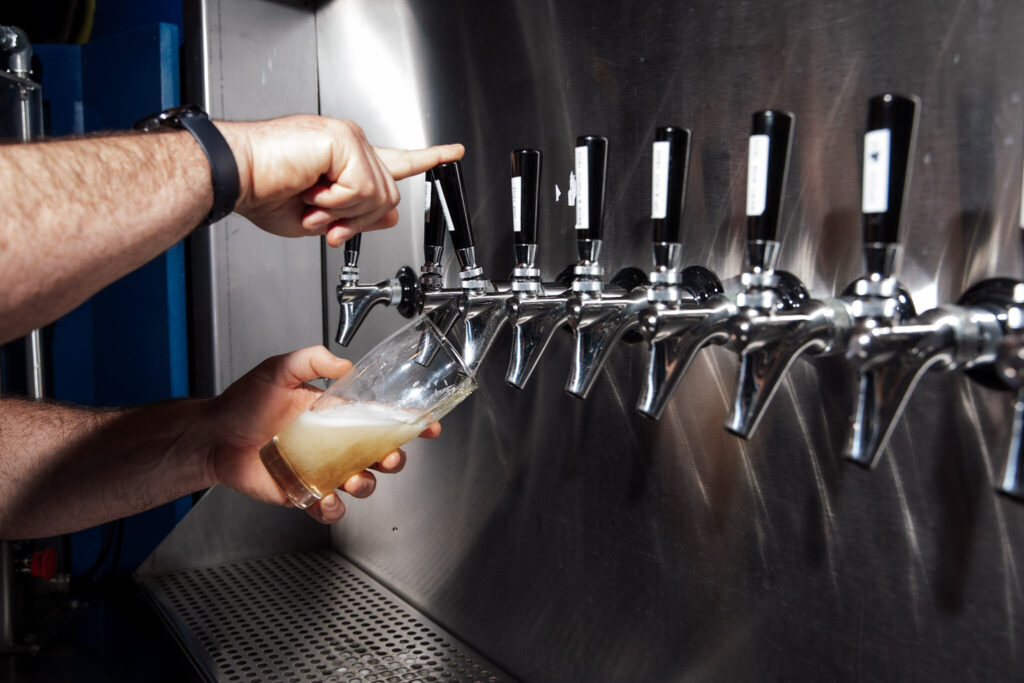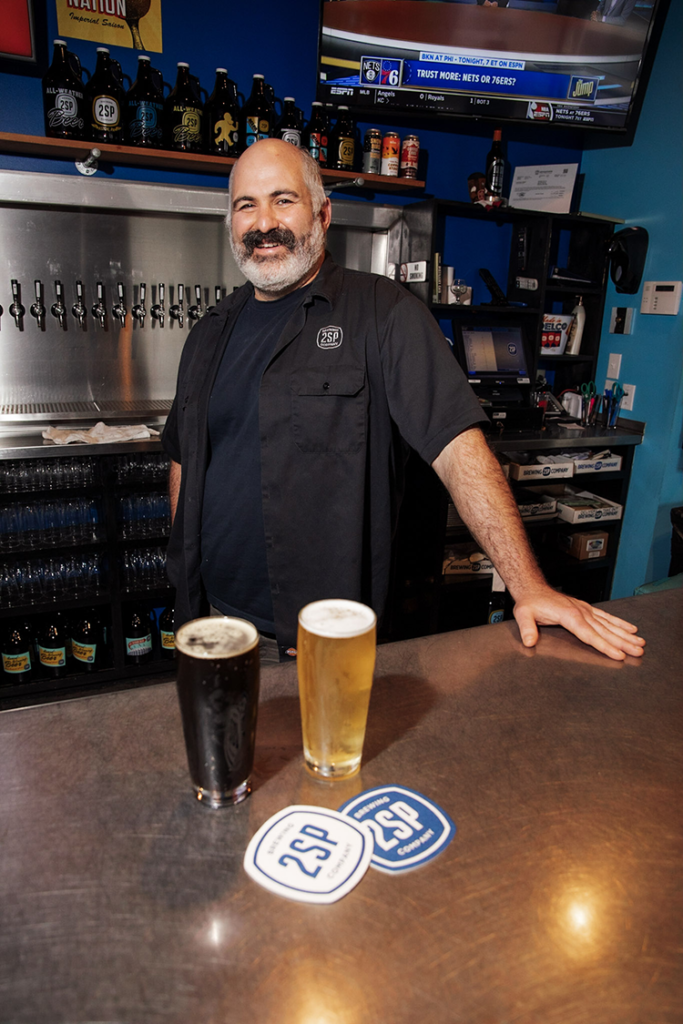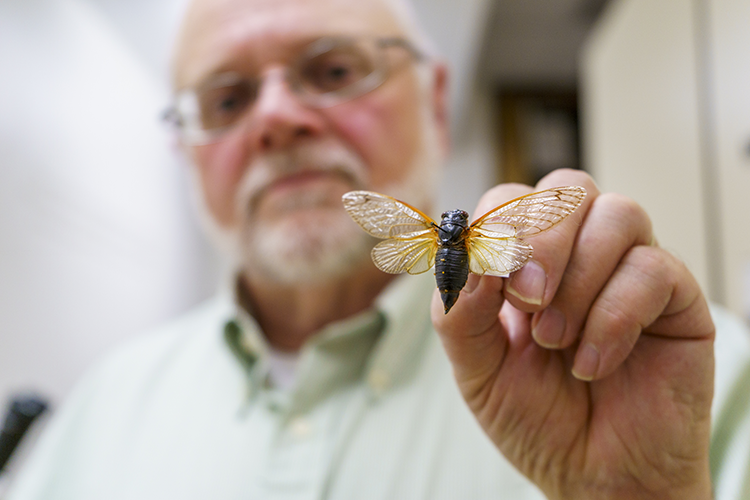Covid-19 has slammed all teachers with change. Some have held classes online while others have taught in person—sometimes willingly, sometimes grudgingly, and often tired.
“When this is over, we’re going to have collective PTSD,” says Gena Lopata, 48, who is comfortable teaching in person two days a week at The Crefeld School, a small private institution in Chestnut Hill.
“There was no road map,” she says. “It’s been tough.”
But whether they’ve taught with enthusiasm, frustration, bitterness, exhaustion or combinations thereof, many teachers believe that good can come from the upheaval.
Challenges came thick and fast with virtual teaching.
“You have no control over students’ environment,” says Nicole Wyglendowski, 26, a special education teacher in a Philadelphia public school. “Siblings and pets may wander into the room. There are lots of distractions. You can plan a perfect lesson, but you can’t go over and control the household. It’s harder to keep students engaged. I feel stressed, anxious.”
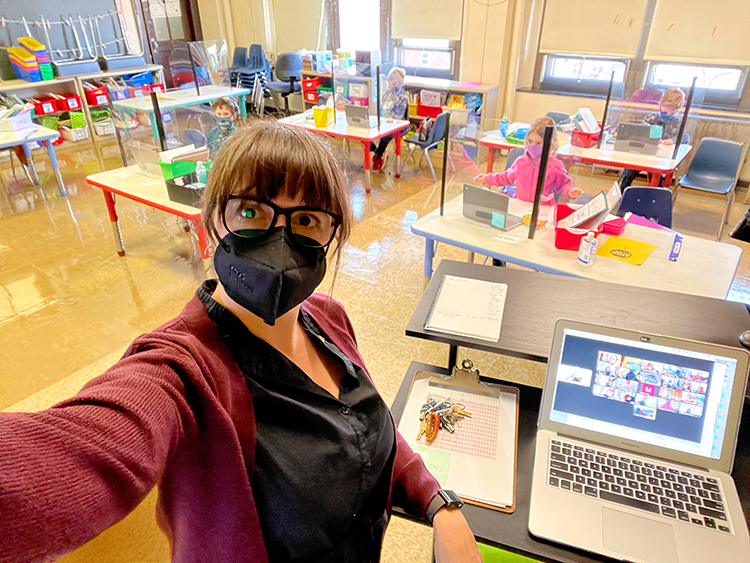
Art teacher Leslie Grace, 39, president of the Pennsylvania Art Education Association, teaches art at George W. Nebinger Elementary School in South Philly. A self-described organized person, she works hard to keep track of attendance.
“It can take until 7 or 8 [p.m.],” Grace says. “I don’t have children of my own, so I have time, but that’s not the case with some of my colleagues. I also think about losing students who struggle with online platforms, and I feel heartbroken. Yet art is more important than ever for them. It’s a way to express themselves. Drawing and creating centers them.”
Grace has other conflicted feelings. “I hate assigning grades during the pandemic when I can’t offer [students] the same support. I feel morally and ethically twisted in this situation.”
“You can plan a perfect lesson, but you can’t go over and control the household. It’s harder to keep students engaged.”
—Nicole Wyglendowski, special education teacher
And virtual teaching also puts student teachers at a disadvantage, Grace adds. “They don’t learn how to float from table to table to help students,” she says. “They’ll have to pick up that skill when they start classroom teaching.”
Stephanie Hasson, 40, who teaches English as a second language (aka ESL) at a public charter school, has faced a different issue.
“It took time to get all the stakeholders together, to grasp who in the family needed phone interpretation and what documents had to be translated,” says Hasson. Many of her students have French, Mandinka or other West African languages as their mother tongue. “You really wanted to alleviate the family’s stress. You always felt like there was more you could be doing. I kept a notepad beside my bed to jot down things I wanted to remember to do.”
Like Hasson, Wyglendowski has devoted more time to students and their families.
“I make weekend runs [to students’ homes],” she says. “Pencils break, notebooks fill up.”
Families struggling with food insecurity, utility bills and rent may lack money for school supplies, she explains. She takes things beyond the purely pragmatic.
“I send my students Valentines and ice cream, and we do raffles. I don’t want to lose my kids,” Wyglendowski says.
Carlos Aponte, 31, who teaches history and social studies at Bright Ray High School, an accelerated diploma-granting program for ages 16 to 21, has grappled with students’ technological limits.
“When it comes to cell phones, students are amazing, but their computer literacy wasn’t so high. Google Classroom gave them trouble,” he says.
While Aponte taught his classes online, he also led programs in person for young people at We Love Philly, a nonprofit he created in 2019 to empower students through journaling, meditating, making podcasts and volunteering in programs like the Sunday Love Project, which provides food for hungry people.
“I’m not afraid of getting COVID,” he says. “I mask up, follow the other [health] guidelines and eat brown rice and vegetables. The pandemic has heightened my passion as a teacher and increased my determination to reach young people.”
Lopata, who teaches ninth and tenth grade and oversees senior projects, felt nervous at the start of the school year.
“I’m a cancer survivor, and I finished my treatment just two years ago,” says Lopata, who teaches on Crefeld campus two days a week and online the other three. Students may choose online or in-person instruction. “I feel really safe now. The school gives us face guards and KN95 masks, and you wear a mask every moment you’re on campus. On Wednesdays, when everyone is virtual, a crew comes in and does deep cleaning.”
In addition, the school’s four-acre campus and other resources permit strategies that boost morale. “The administration bought us lunch and set up hot chocolate and cider stations a few times,” Lopata says. “There are also fire pits where students can talk, but those things cost money. It’s an equity issue. Besides that, administrators would call and ask how the day went, how we were feeling. It makes a difference.”
On the other hand, pressure and coercion to teach in-person stokes fear and resentment.
“COVID-19 has laid bare how little the board and administration keep in mind the faculty’s wellbeing,” says a source at The Agnes Irwin School, a private school for girls in the Rosemont neighborhood of Bryn Mawr. “What used to be enthusiasm has soured for me because we’re teaching under potentially unsafe conditions. Students wear masks, but they’re in close proximity to each other. It’s a constant battle to remind them [to stay six feet apart]. The in-person teaching model foisted upon us means incredible amounts of stress. Decisions are being made that will impact my health, but I have no say in them.”
Dollars allegedly drive the requirement for in-person teaching. “Agnes Irwin doesn’t want students to leave and go to schools where the faculty is teaching in-person,” the source says. “I think it’s really important to tell this story, especially for private school teachers, whose conditions and issues have not been discussed because we can’t put our names to our stories. We have no unions and rarely any representatives on the boards.”
The danger is exposure with in-person teaching. “There have been students and staff who have contracted the virus,” the source says.
On the other hand, a sense of communal effort has aided teachers in riding out difficulties.
“What helps is helping others,” says Grace. “I do my own art, but I also launched Philadelphia Art Teachers Alliance, a no-dues group. We meet every other week and share experiences. You have to stay connected to your peers,” says Grace, who took part in a virtual conference in October 2020 that offered tips to art teachers.
Online teaching has also resulted in tighter ties among students, their families and teachers. “I’ve seen parent engagement go way up,” says Wyglendowski. “I’ve gotten to know families much better.”
Hasson agrees. “I’ve got some kickass families,” she agrees. “You get to see that they really value education. And the kids have been resilient.”
Some teachers feel that the past year’s chaos could crack open the ailing School District of Philadelphia and lead to healthy change. They suggest capitalizing on the new closeness between families and teachers to boost students’ success. “I was in daily contact with the families, and we developed a we’re-in-this-together mentality,” Hasson says. Administrators can tap that resource to learn what children need to blossom, she believes.
“The school gives us face guards and KN95 masks,
and you wear a mask every moment you’re on campus. ”— Gena Lopata, teacher at The Crefeld School
Rebuilding trust after what many teachers consider the mishandling of the COVID-19 crisis by the city and the school district is required, too.
“I would … say that teachers’ unity has been strengthened, but our trust in the school district has lessened,” says Grace. “These kids are the future of our city. If we don’t take care of them, how can we expect them to take care of the city? The pandemic put a spotlight on [unsafe] conditions in our schools.”
The overhaul must include, and go beyond, removing carcinogens and other toxins from facilities, teachers say. It must address stunted skills. Even pre-pandemic, the school district often did a dismal job of educating children. In 2020, pre-shutdown, 74% of seventh graders could not read at grade level while some 60% could not perform at grade level in math, according to a February 2021 article in The Philadelphia Citizen.
Teachers note that approaches developed during the shutdown can continue to fuel academic achievement.
“My school is … [holding] weekly townhalls with the middle school students to review expectations, host an open dialogue, and to acknowledge and spotlight students’ accomplishments,” Grace says.
Innovations should go farther to strengthen and stretch the curriculum, not only to recover from the “COVID slide”—academic ground lost during the pandemic—but to endorse new learning opportunities.
“Philadelphia schools need radical change,” says former public school teacher Dan LaSalle, 32, executive director of the Niche Clinic, a nonprofit begun in 2020 that teaches financial literacy. “For example, [the district] … could give credit for internships or liberalize how educational credits can be earned without lowering the bar for students. Besides that, Philadelphia could create a cryptocurrency for K-12 students. They earn a certain amount every year. It could be cashed out upon graduation or transferred to a state university to cover some costs.” he says. “Also, now is the time to find a way to amplify students’ and teachers’ voices instead of those of people three or four
degrees removed from the classroom.”
The time is also now for the public to lend a hand in restoring the school system, Wyglendowski pushes.
“Write a letter to the mayor about conditions in schools,” she says. “Sign petitions, follow budget proposals. With community support, the change in schools can be transformative.”


